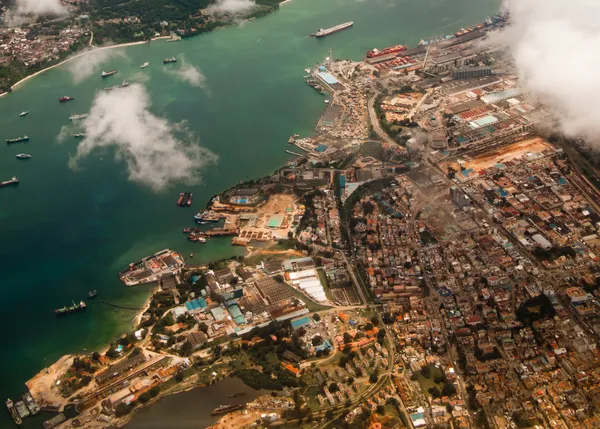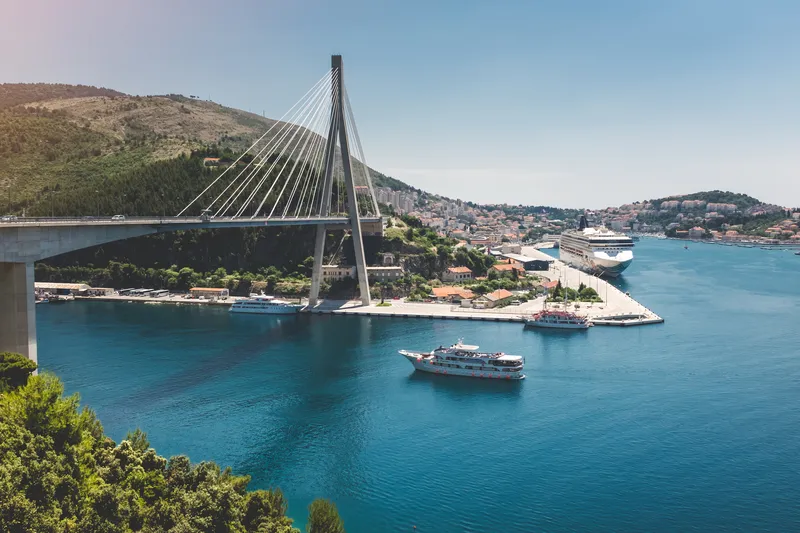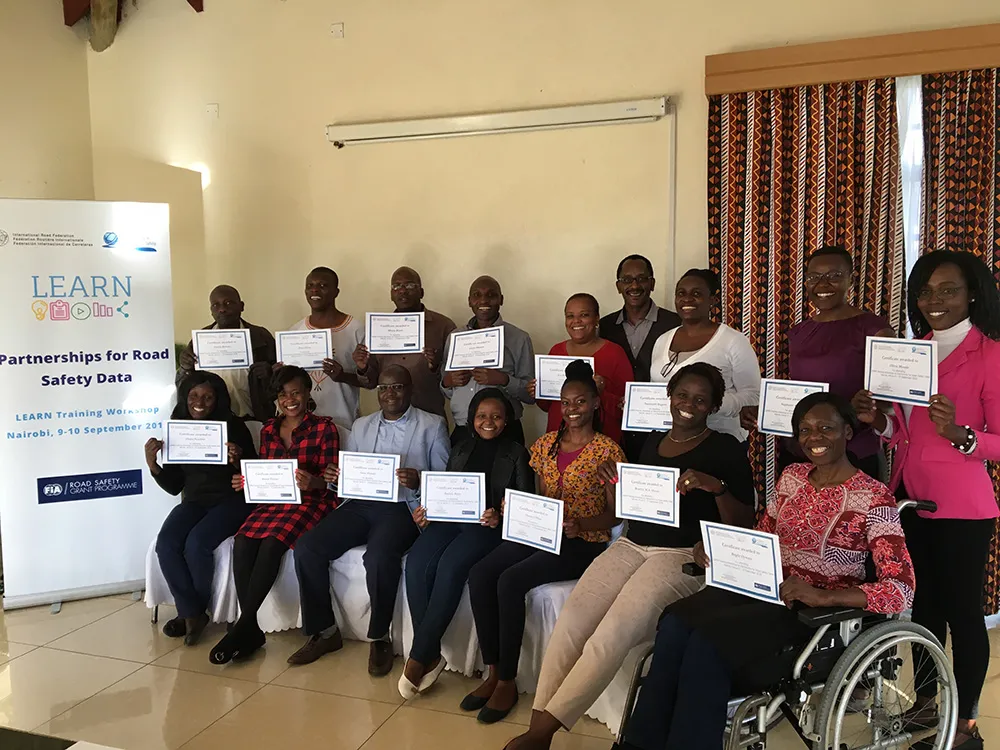
Plans for the construction of a US$200 million suspension bridge in Kenya heva moved a notch higher. The country's urban roads agency recently announced the shortlisting of three bidders for the design, finance, construct, operate, maintain and transfer public private partnership (PPP) contract model.
Nyali Connect Consortium includes Vinci Highways, Meridiam and Vinci Concessions while IHI-Join-Acciona is a consortium of Japan Overseas Infrastructure Investment Corporation for Transport and Urban Development and Acciona. Other bidders that had responded to KURA's Request for Qualification were China Communication Construction Company and a consortium of Mota Engil Africa, AIIM, Egis and Orascom.
“It is the qualified firm that the government will get into a deal with. We want to start negotiations and see who can offer the best deal from the three,” KURA Communications Officer John Cheboi told Business Daily in early October.
KURA's Manager for Transport Economics Richard Kyalo said previously that the interest by five reputable international infrastructure firms in developing the bridge “is a sign of strong interest by the market on the project and a mark of confidence in the procurement process.”
The option of the PPP model for constructing the bridge is a strategy by Kenya to mobilise private capital and leverage private sector efficiencies and innovation in delivery of key infrastructure projects outlined in the country's economic blueprint, Vision 2030.
The 2nd Nyali Bridge project is one of those listed under Kenya's PPP Programme and are at various stages of development. By June 2018, there were 72 PPP projects in the pipeline, 67 of which were approved under the solicited process and five approved as Privately Initiated Investment Proposals, according to Kenya's National Treasury.
The preferred bidder will construct a 600m suspension bridge over the Tudor creek to connect Mombasa Island to Mombasa Northern mainland through the Nyali region. The bridge will be tolled with a six-lane dual carriageway having three lanes on either side.
The bridge, which is to be constructed 500m to the south of the existing Nyali bridge, will have steel carriageway beams supported through hangers from two main cables.
KURA says in a project brief that was prepared by Transaction Advisors Deloitte East Africa & India, Iseme Kamau & Maema Advocates, Cliffe Dekker Hofmeyer, HP Gauff Ingenieeure and Earth Care Services with financing from the World Bank, the contractor will, after raising financing, produce the designs, constructed and managed the bridge, “get compensation from end user charges collected by the government on its behalf.”
The location of the suspension bridge, which is set to be second longest in Africa, was largely picked because the route “has the highest vehicular traffic and therefore must be critical in unlocking perennial traffic gridlocks in and around Mombasa city.”
Associated with the bridge project is the construction of 1.7km of new roads and expansion of 5km of existing roads.
The existing Nyali Bridge, which was built by the Japanese in 1979 is characterised by heavy traffic congestion, with nearly 46,000 daily vehicle trips, a large share originating from Mombasa central business district (CBD). The speed on the route has been reduced to 6km/h especially during morning and evening rush hour, with KURA indicating the bridge is nearing its design capacity of 50,000 vehicle trips/day at a time when the population of Mombasa has more than doubled in the last 39 years to 800,000 from 341,000 in 1979.
“A new bridge to the south of the existing Nyali Bridge would yield the greatest traffic benefits, in terms of traffic operations and capacity, attracted volumes, travel time savings and network connectivity,” according to the project brief.
The County Government of Mombasa has previously said the new bridge can form a large ring road covering Kongowea and the Island’s peripheral areas, avoiding major pedestrian traffic hubs, hence reducing the intensity of vehicular congestion.
KURA could not immediately confirm when the successful bidder will be announced although the project is behind schedule according to an earlier implementation plan. The plan envisaged the notice of contract award to be given in November 2017, with signing of the contract agreement in the same month. Financial close for the bridge project was expected in March of 2018.









